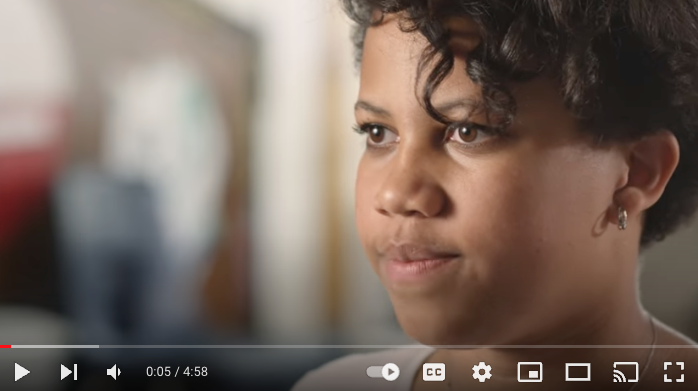Everyone has a sexual orientation and gender identity (SOGI). It's an inclusive term that applies to everyone, whether they identify as lesbian, gay, bisexual, transgender, queer, two-spirit, heterosexual or cisgender (identifying with the same gender that one was assigned at birth).
It's important for schools to be inclusive and safe spaces for students of all sexual orientations and gender identities. Being SOGI-inclusive means:
- Speaking about SOGI in a way that makes every student feel like they belong
- Not limiting a person's potential based on their biological sex and how they understand or express their gender
- Welcoming everyone without discrimination, regardless of their sexual orientation or gender identity
There is no "SOGI curriculum." However, throughout K-12 curriculum and school activities, students and teachers explore the topic of human rights and:
- What it means to value diversity and respect differences
- How to respond to discrimination
Teachers may include discussions around the B.C. Human Rights Code, sexual orientation and gender identity.
SOGI 1 2 3 is a resource that supports educators in addressing these topics in the provincial curriculum. It helps schools create safe, caring and inclusive learning environments for all students regardless of their race, culture, religion, sexual orientation or gender identity and expression. Each numeral represents a focus area:

The term "SOGI" has been adopted to identity two prohibited areas of discrimination within the Human Rights Code: "Discrimination based on sexual orientation" and "Discrimination based on gender identity or expression." In 2016, Education Minister, Mike Bernier, required all British Columbia school districts and independent schools to bring their anti-bullying policies into alignment with the Human Rights Code by adding explicit protections for LGBTQ+ students.
